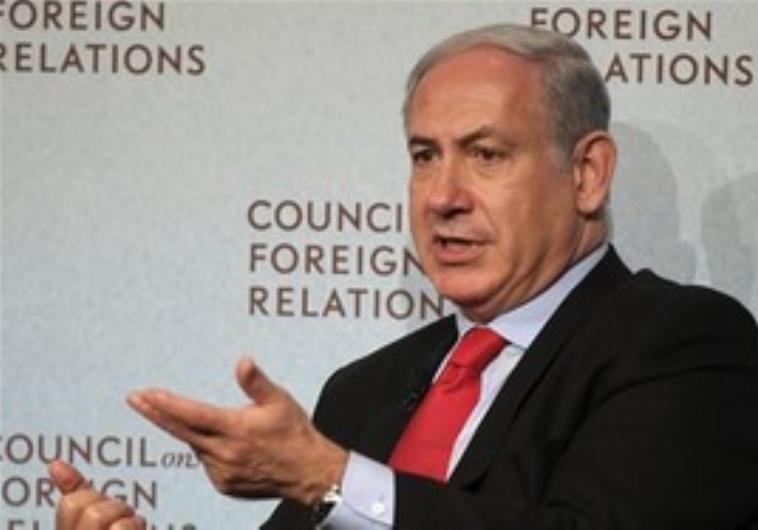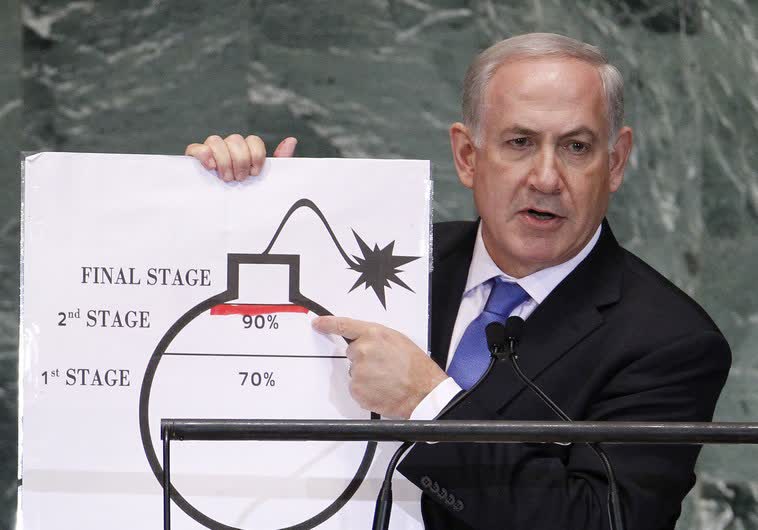Gershon Baskin organized the International Conference on Education for Peace and Democracy held in Antalya, Turkey.
On November 19-23, 2006 270 Israelis, Palestinians and international participants from some 20 countries participated in an International Conference on Education for Peace and Democracy held in Antalya, Turkey. The conference was organized by IPCRI – the Israel/Palestine Center for Research and Information. During the four days of the conference some 150 workshops, lectures, presentations and films were held. The conference was a huge success and participants called on the organizers to create an international community of peace educators to continue to work for Israeli-Palestinian peace. In the final session of the conference, participants urged the organizers to ensure that this will be annual event and to ensure that peace education becomes a central facet of the Israeli and Palestinian educational systems.
The Conference brought together peace and democracy educators, curricula writers, encounter facilitators, peace studies practitioners, conflict resolution practitioners, human rights educators, mediators, and activists from academia, research sector, governmental and community organizations and others from Israel, Palestine and beyond, with a special emphasis on other crisis regions. The conference was a tremendous opportunity for dialogue, debate and visioning with collaboration and cooperation between the body of theory and practice. The conference meeting was grounds for dialogue and mutual learning from the field of peace and democracy education from the viewpoint of academia and from the field of practioners. The conference raised critical issues new insights into the profound peace and democracy education developments in Israel, Palestine and around the world. Furthermore, the Conference provided an excellent opportunity to build connections across multi-disciplinary sectors.
Peace and Democracy Education is now the subject of UN policy, research and training by UNESCO, the Council of Europe and ministries of education, various universities throughout the world and a worldwide trans-nationally conceived and conducted NGO Global Campaign for Peace and Democracy Education.
The Philosophy of peace and democracy education seeks to prepare students for active and responsible citizenship in the process of addressing their lives and the conflict situation in which they live. It is based on an inquiry into principles of non-violence, human rights, social, economic, political and ecological justice, etc. that inform peace education and asserts the need for an intentional interrelationship between pedagogy and content.
Peace and Democracy Education emphasize the integral relationship between pedagogy and content that is essential to its transformative nature. Drawing from the rich field of peace studies, Peace and Democracy Education goes beyond learning about peace and democracy to teaching for a culture of peace based on principles of human rights, non-violent resolution of conflicts and citizen participation. Peace and democracy education openly acknowledges its purpose as education to facilitate the achievement of peace and a related set of social values, largely through learning to recognize, confront and practice alternatives to multiple forms of violence.
Main Themes for the Conference
* Moving from a Culture of hate to a culture of peace
* Resources for peace educators
* Peace education curricula – research and development
* Coping with existing curricula in Israel and Palestine
* Does Peace and Democracy Education really work a review of research and evaluations
* Using media in peace and democracy education
* Using the arts in peace and democracy education
* Virtual Peace education – using the internet in peace and democracy education
* Peace and democracy education in the informal educational arena youth centers, youth movements, clubs, etc.
* Institutionalizing peace and democracy education confronting the formal education systems
* Civic education, democracy education, building open and pluralistic societies
There were some 85 Palestinian participants, 90 Israelis and 95 participants from Egypt, Jordan, Greece, Cyprus, Uganda, Italy, Spain, Germany, Austria, Switzerland, France, England, Ireland, Northern Ireland, Norway, Spain, the US, Canada, Turkey, South Africa, Bosnia, and Iran.


